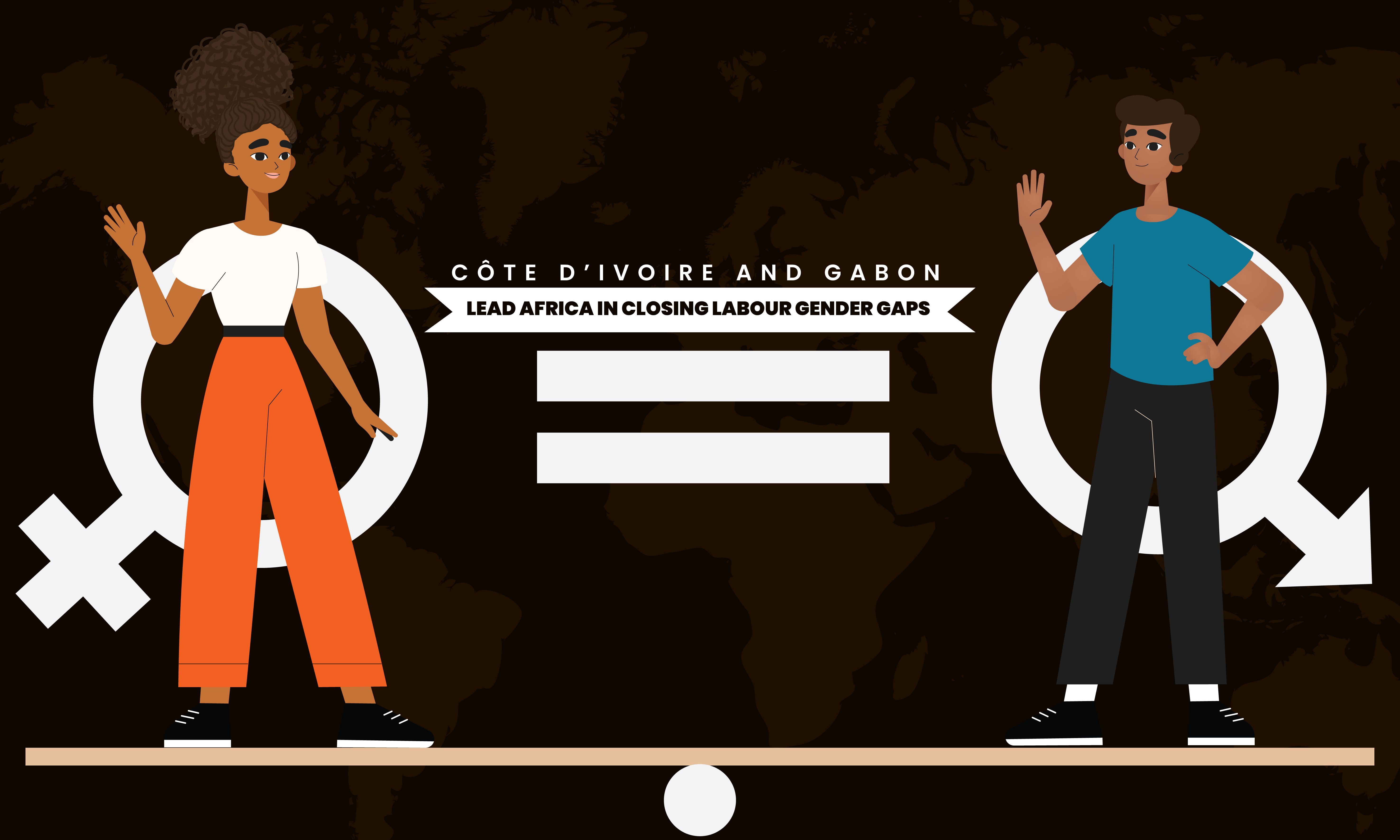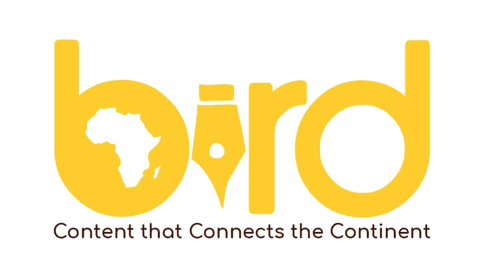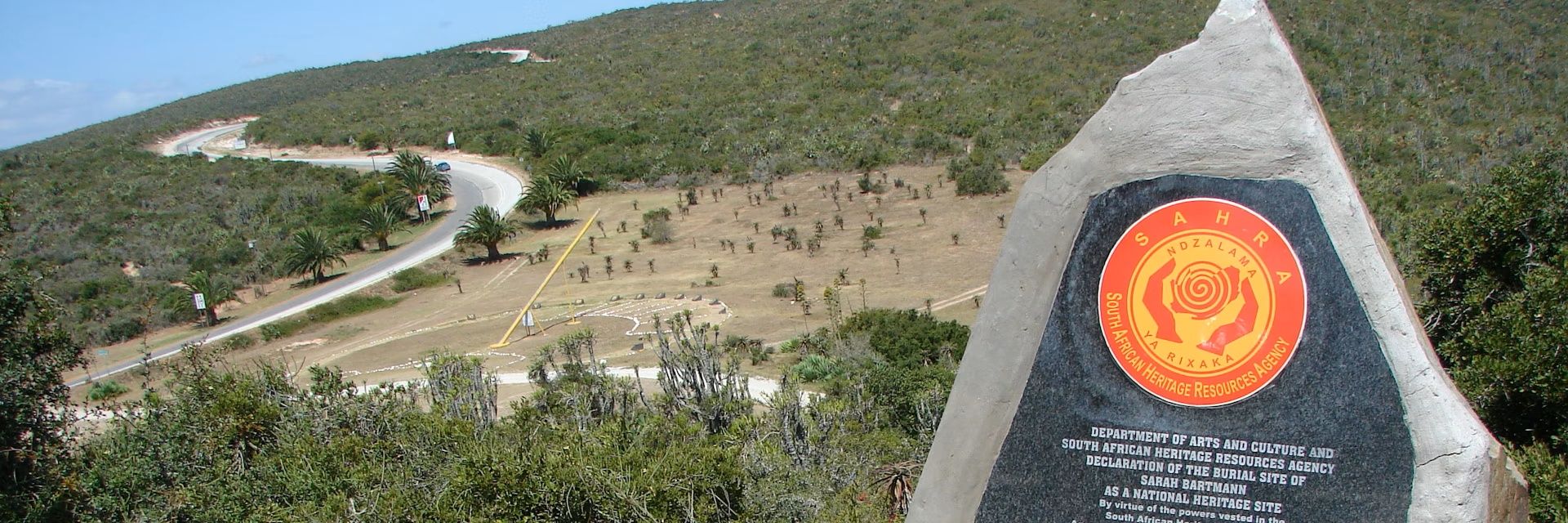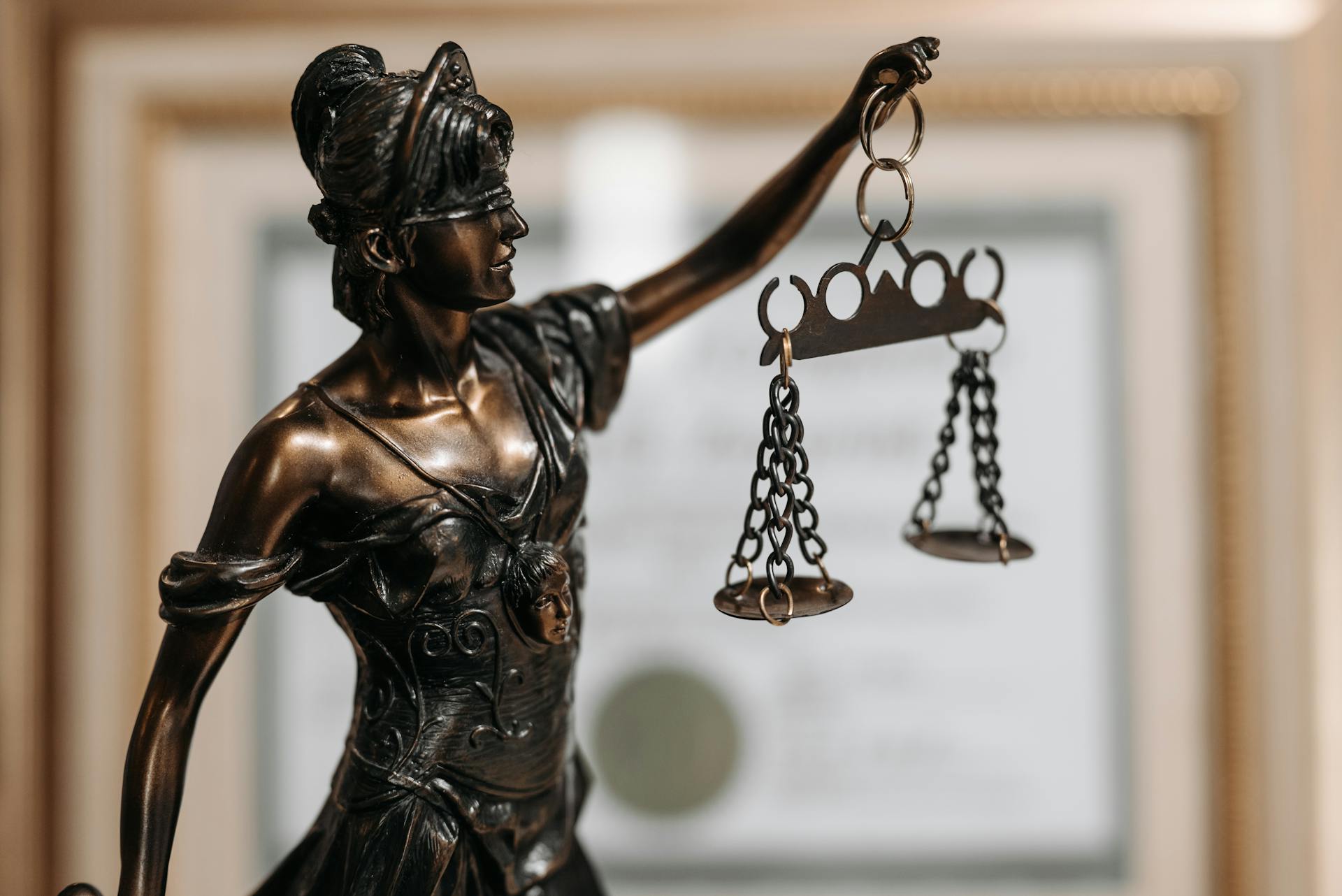The two countries are blazing a trail in Africa by lifting restrictions on hiring and equalising pay to increase economic opportunities for women.

By Conrad Onyango, bird story agency
Côte d'Ivoire and Gabon are inching closer to being the first African countries to grant women full equal opportunities in their labour markets.
Theirs are the only economies on the continent to have scored above 90 in the World Bank's Women, Business and the Law Index, which evaluates a range of laws affecting women's access to economic opportunities, across 190 countries.
The lifting of restrictions on hiring women in Côte d'Ivoire is among major gender reforms that have increased that country's overall score to 95, according to the report.
Other gender-related reforms enacted by Cote d'Ivoire in 2022 include prohibiting discrimination in access to credit, and addressing domestic violence.
Gabon's move to mandate equal pay for work of equal value also catapulted its overall score to 95, factoring in eight indicators—mobility, workplace, pay, marriage, parenthood, entrepreneurship, assets, and pension.
Gabon also equalised the process for obtaining a passport and removing all job restrictions for women.
The two economies have reached full gender equity on legislation governing mobility, workplace, pay, pension, assets and entrepreneurship, scoring 100 in all six indicators.
The report's authors equate equal treatment of women to an enabling legal environment that encourages many women to enter, remain in the labour force and rise to managerial positions.
"Many of these reforms addressed laws affecting women's pay and careers after having children—the areas with the most room to improve," said World Bank Group Chief Economist and Senior Vice President for Development Economics, Indermit Gill.
More than half of all legal reforms enacted globally to equalise the rights of women in 2022, were enacted in Africa, pointing to a faster pace of change on the continent. The significant gains in Africa came despite the global pace of reform slumping to a 20-year low due to "reform fatigue."
However, there remain some ways to go, across Africa. The average score on the Women, Business and the Law index in Organisation for Economic Co-operation and Development (OECD) high-income economies is 95.3 points.
While at the current pace of reform, it would take at least 50 years to approach legal gender equality everywhere, according to the report, some African countries are changing more quickly.
Seven African economies—Benin, the Republic of Congo, Côte d'Ivoire, Gabon, Malawi, Senegal, and Uganda—enacted 18 reforms in 2022, accounting for over half of all reforms globally.
Benin (83.8), with the overall highest score in this category of significant reform drivers, has reached gender equity on workplace and entrepreneurship indicators.
In Uganda (81.3), women enjoy equal rights in mobility, workplace and pay, while in Malawi (80), women have full legal rights to work, pay and marriage.
Senegal (72.5) has reached gender equity in pension and workplace, while the Republic of Congo (58.1) has only reached gender equity in pension.
Most African countries have reached total gender equity in the workplace but many still perform poorly on the pay scale.
Five African countries—Botswana, the Democratic Republic of Congo, São Tomé and Príncipe, South Africa and Togo - have been listed among the countries that recorded the highest growth rates in their scores last year compared to the scores recorded since the year 2000.
"Faster progress is being made in economies that have had historically lower levels of gender equality," read the report.
Among Africa's largest economies, only South Africa (88.1), Kenya (80.6) and Angola (79.4) scored higher than the global average, achieving gender equity in mobility, workplace and pay. Kenya and South Africa have yet to reach equality on the pay scale.
Today, according to the report, just 14 economies—all high-income—have laws giving women the same rights as men, and progress has been uneven across regions and over time.
According to the report, while men enjoy 100 per cent of their legal rights, women across the globe only have access to 77.1 per cent.
bird story agency





